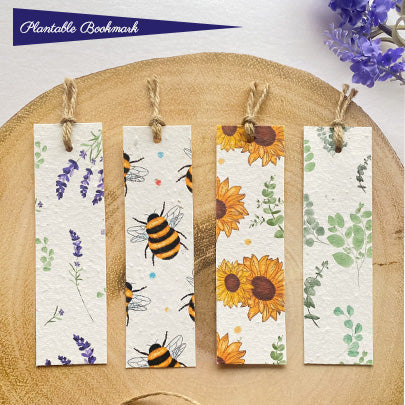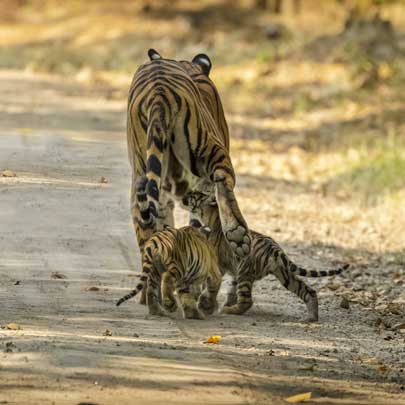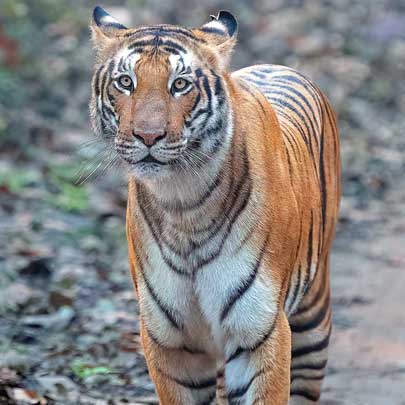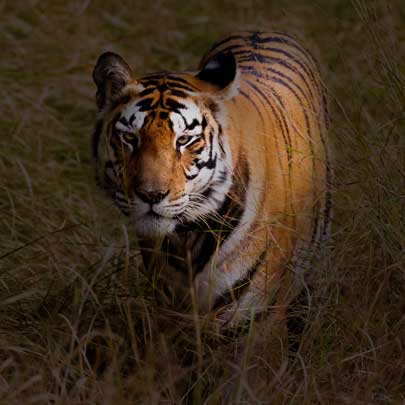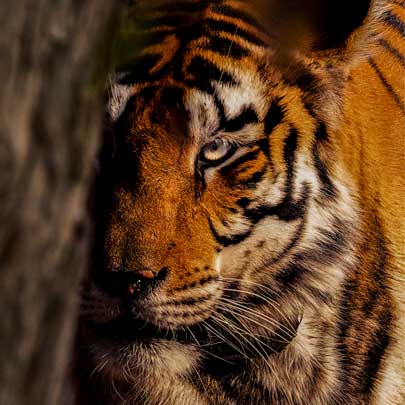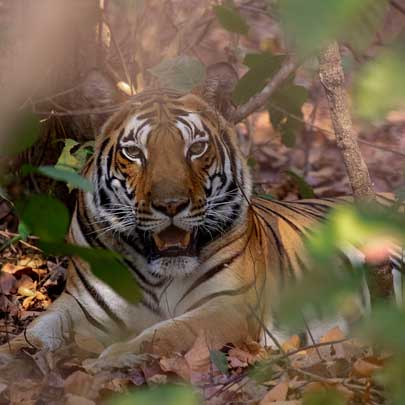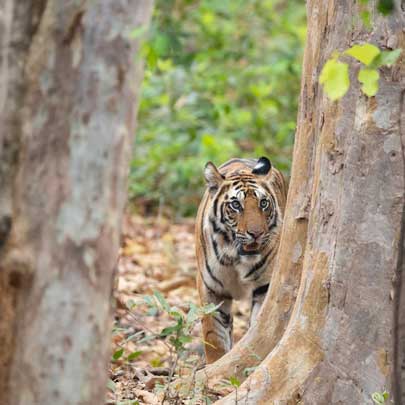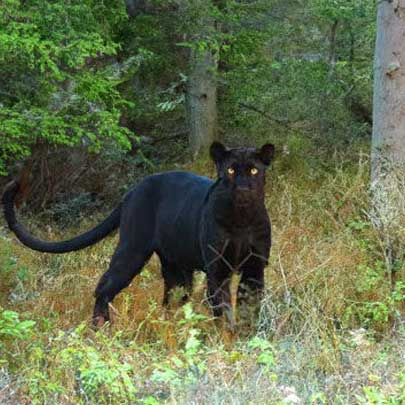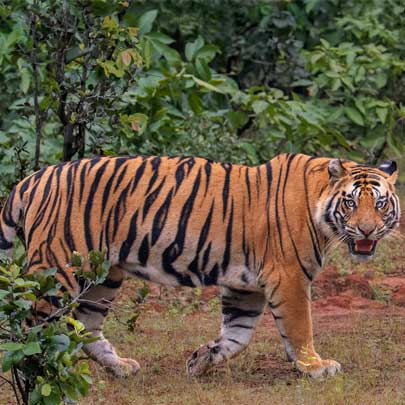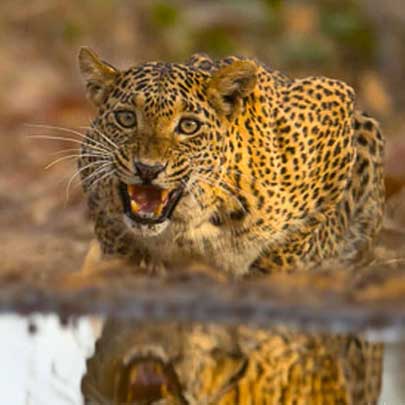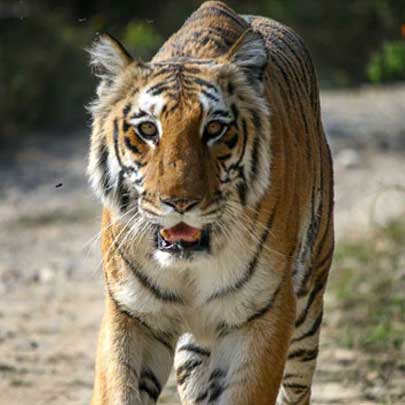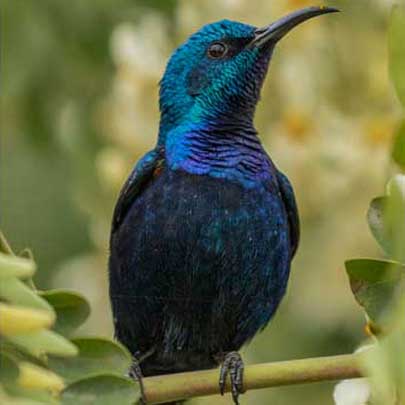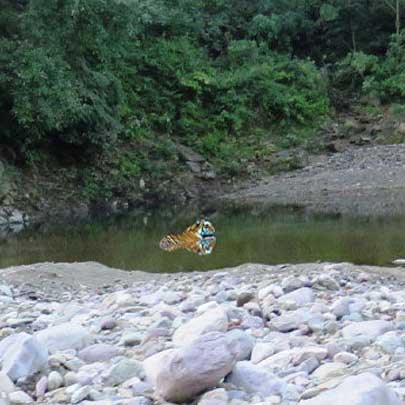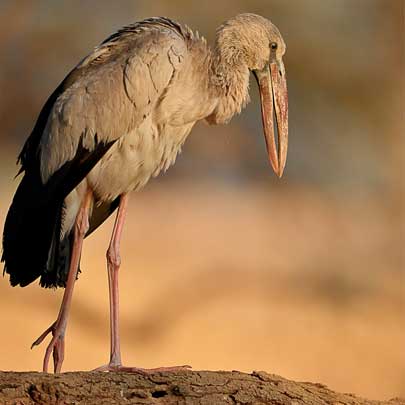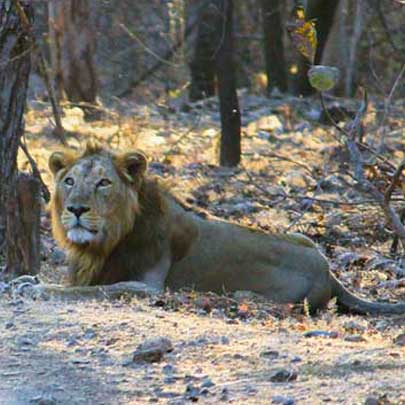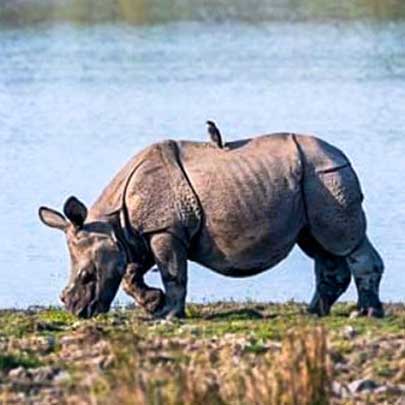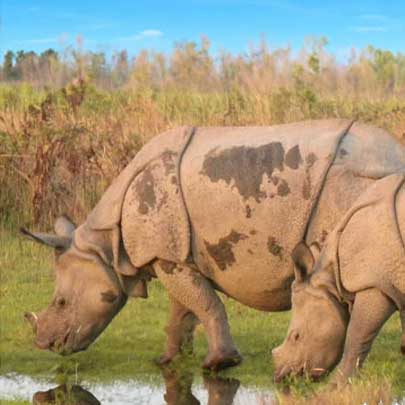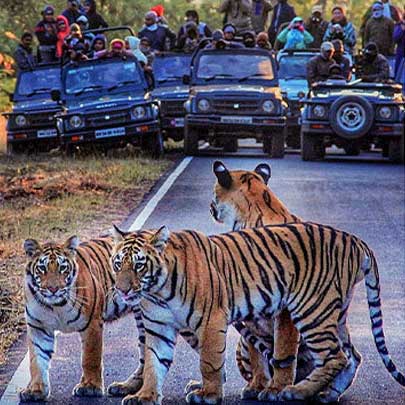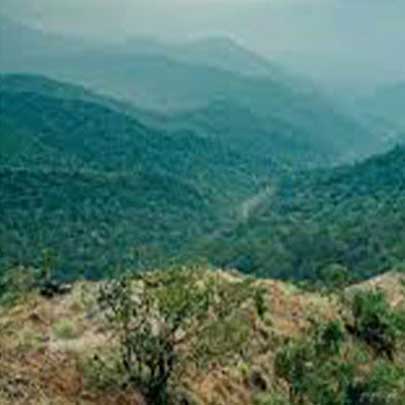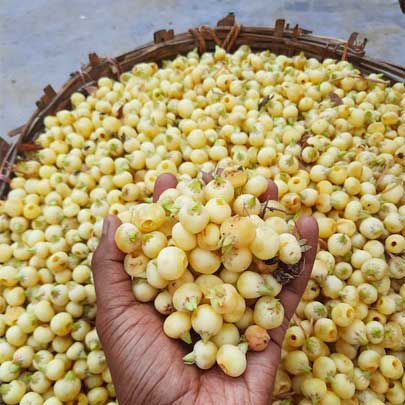Dudhwa In Different Seasons: A Year-Round Wildlife Destination
Dudhwa National Park, nestled in the Terai region of Uttar Pradesh, is a year-round wildlife destination, offering a diverse array of experiences across different seasons. Here's a guide to exploring Dudhwa's charm in various seasons:
1. Winter (November to February):
- Weather: Winter in Dudhwa is marked by cool temperatures, making it an ideal time for wildlife exploration.
- Wildlife Sightings: Animals are more active during the day and birdwatching is particularly rewarding. Look out for migratory birds that visit the park during this season.

- Flora: The deciduous trees shed their leaves, providing better visibility and clearer sightlines.
2. Spring (March to April):
- Weather: The temperatures begin to rise and the park transforms into a lush landscape.
- Wildlife Activity: This is a great time for tiger and rhinoceros sightings. Many animals give birth during this season, adding a touch of new life to the park.

- Flora: The flora is in full bloom, creating a vibrant and colorful atmosphere.
3. Summer (May to June):
- Weather: Summer can be hot, but it's an excellent time for wildlife enthusiasts.
- Wildlife Spotting: Animals tend to gather near water bodies, making it easier to spot them during game drives.
- Nocturnal Adventures: Some wildlife, like leopards and owls, are more active during the cooler evenings.

4. Monsoon (July to September):
- Weather: Heavy rainfall characterizes the monsoon season, transforming Dudhwa into a lush and green landscape.
- Wildlife Activity: Many animals give birth during the monsoon, and birdwatching is spectacular. However, game drives can be challenging due to muddy and waterlogged trails.
5. Post-Monsoon (October):
- Weather: The post-monsoon season sees a decline in rainfall, and the park begins to dry up.
- Wildlife Encounters: Animals become more active as they enjoy the cooler temperatures. It's a good time for both birdwatching and mammal sightings.
- Photography Opportunities: The landscape is fresh and green from the recent rains, offering excellent photo opportunities.

6. Conservation and Responsible Tourism:
- Participate in Conservation: Dudhwa National Park actively engages in rhinoceros conservation efforts. Visitors can learn about these initiatives and contribute to wildlife protection.
- Responsible Tourism: Follow guidelines for responsible wildlife tourism, such as maintaining a safe distance from animals and minimizing noise.
7. Accommodations:
- Forest Rest Houses: Dudhwa offers forest rest houses for visitors who want to stay close to nature.
Dudhwa National Park's diverse ecosystems make it a fascinating destination throughout the year. Whether you're drawn to the vibrancy of spring, the lushness of the monsoon or the pleasant temperatures of winter, Dudhwa has something unique to offer in every season.






















